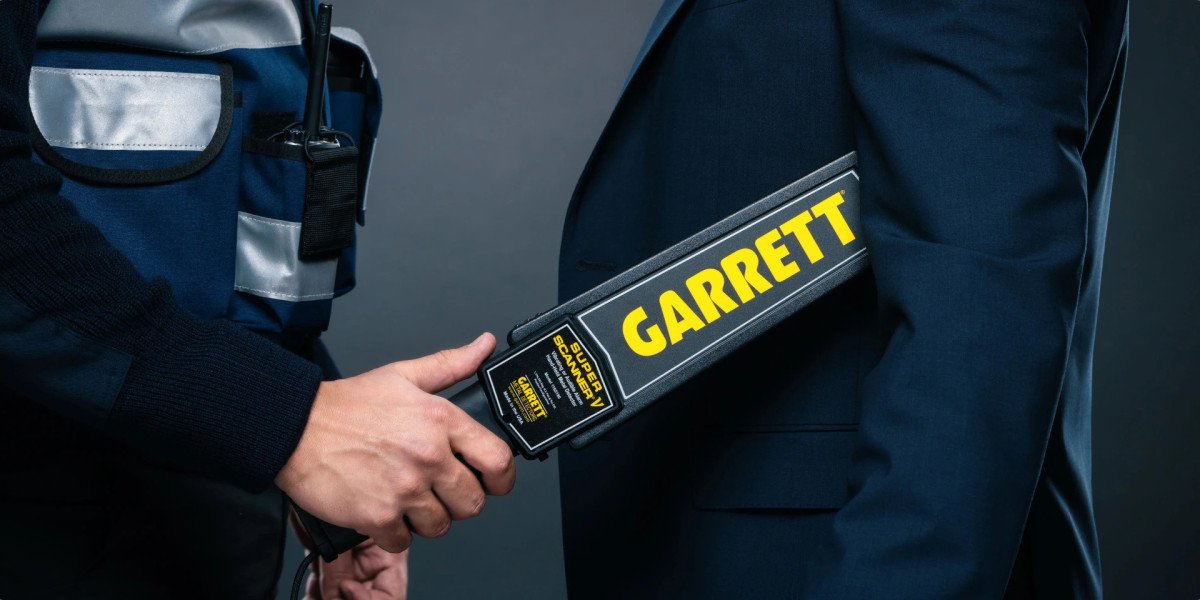Understanding the Process of Buying a Driver License: A Comprehensive Guide
In today's increasingly mobile society, having a valid driver's license is typically thought about a need. It supplies people with the liberty to browse their environments, gain access to task chances, and perform everyday activities with ease. Nevertheless, the concept of obtaining a driver's license can be bogged down in confusion and aggravation, particularly for those not familiar with the conventional application routes. Despite some deceptive stories that suggest the choice to merely "buy driver License" a driver's license, understanding the legal pathways and the implications of such decisions is vital for anyone looking for to strike the road legally.
The Importance of a Valid Driver's License
A driver's license serves numerous vital functions:
Legal Identification: It serves as a government-issued recognition document, accepted broadly for different functions, including voting and monetary deals.
Evidence of Driving Competence: The license indicates that the holder has actually passed the necessary driving exams, demonstrating their capability to operate an automobile securely.
Insurance coverage Requirement: Most states need drivers to possess a valid driver's license to protect vehicle insurance coverage, which is necessary for road use.
Traffic Laws Compliance: A driver's license assures police that individuals have actually undergone the essential training to understand and adhere to traffic laws.

Legal Pathways to Acquiring a Driver's License
In pursuit of driving opportunities, there are genuine processes one can follow to get a driver's license:
1. Learner's Permit:
- This is typically the first action for brand-new drivers. A student's permit enables people to practice driving with a licensed adult present.
- To acquire a learner's authorization, candidates usually must:
- Be of a certain age (typically 15 or 16).
- Pass a composed knowledge test.
- Supply needed documentation, such as proof of identity and residency.
2. Driver Education:
- Enrolling in a driver education course can offer vital understanding about roadway guidelines, safety procedures, and automobile operation.
- Conclusion of this course may be a prerequisite for acquiring a complete driver's license in most jurisdictions.
3. Roadway Test:
- After maintaining the learner's authorization for a specific duration and logging the required driving practice hours, individuals can set up a roadway test.
- Passing this test is important for receiving a complete, unrestricted driver's license.
4. Documentation:
- Applicants will normally need to supply:
- Identification files (like a birth certificate or passport).
- Evidence of residence.
- Social Security number.
- Any previous driving records, if appropriate.
5. Costs:
- There are typically charges connected with the application procedure, which might vary by state.
The Risks of Buying a Driver License
While the idea of buying a driver's license might at first appear attractive, it is accompanied by considerable threats and prospective repercussions:
Legal Ramifications: Purchasing a driver's license outside of the established legal channels is illegal. People caught in this act may deal with serious penalties, consisting of fines or imprisonment.
Identity Theft Risks: Many fraudulent offers on the web include identity theft, where individuals may inadvertently expose their personal information.

Insurance coverage Issues: Without a legitimate driver's license, getting automobile insurance can be impossible. Driving without insurance can lead to significant fines and liability for mishaps.
Increased Risk of Accidents: Without the requisite training and screening related to obtaining a valid license, inexperienced drivers present a risk to themselves and others on the road.
FAQs About Acquiring a Driver License
1. Can I drive without a driver's license?
No, driving without a valid driver's license is prohibited in many jurisdictions. It can result in fines and extra charges.
2. The length of time does it take to get a driver's license?
The timeline can vary depending on the individual's state of house, backlog at the Department of Motor Vehicles (DMV), and how quickly the candidate finishes the needed steps. Generally, the whole process might take a number of months from obtaining a learner's permit to scheduling and passing the roadway test.
3. Can I utilize my out-of-state driver's license in another state?
Yes, numerous states permit people to drive with an out-of-state license for a specific period. Nevertheless, if you become a local of the brand-new state, you will need to acquire that state's driver's license.
4. What should I do if my driver's license is lost or stolen?
You ought to report the loss or theft to your local DMV and follow their procedure for obtaining a replacement. This frequently includes verifying your identity and paying a small cost.
5. Are there age limitations for getting a driver's license?
Yes, each state has minimum age requirements. Typically, people can begin the process with a learner's license at age 15 or 16, but full licenses are usually approved at 18 or 21.
Concluding Thoughts
While the appeal of just buying a driver's license may exist in some circles, the involved risks and legal ramifications make this alternative unadvisable. Instead, understanding and following the legitimate paths to getting a driver's license is the safest and most responsible technique. Whether through a teen's initial journey towards independence or an adult looking for to restore driving opportunities, navigating the correct channels not only ensures compliance with the law however likewise cultivates accountable and informed drivers. Hence, prospective drivers are encouraged to invest their time and effort into the legal process, ensuring a bright and legal future spent on the open road.






